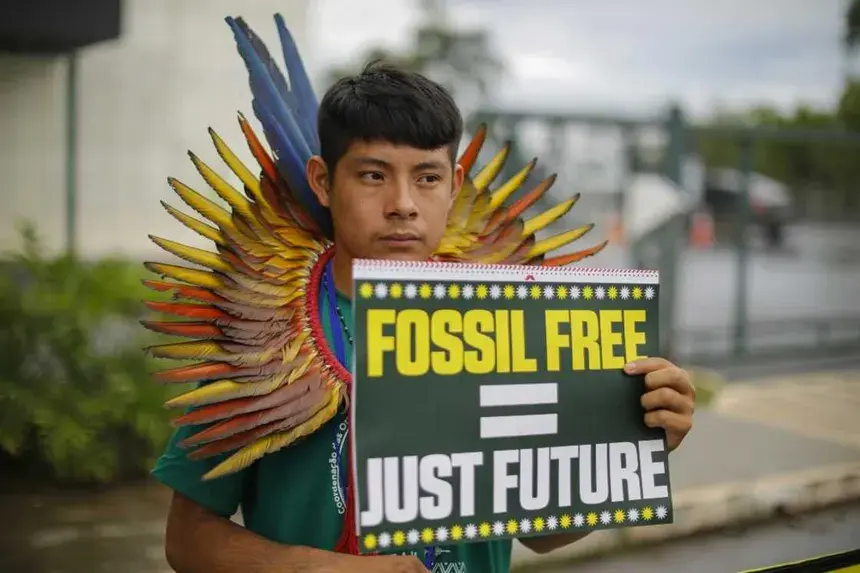In a hopeful move for our planet’s future, Brazil — along with India, Italy, Japan, and other interested nations — has launched an initiative called “Belém 4x” to quadruple the production and consumption of sustainable fuels by 2035, using 2024 levels as the baseline. CPG Click Petróleo e Gás+2ScienceJapan+2
🔎 What Is “Belém 4x”?
Officially presented during the Pre-COP30 meeting in Brasília, the plan seeks to scale up sustainable fuels (like biofuels, hydrogen, synthetic fuels, and sustainable aviation fuel) significantly. CPG Click Petróleo e Gás+2ScienceJapan+2
Brazil is leading this effort, with strong early support from India, Italy, and Japan. CPG Click Petróleo e Gás+2ScienceJapan+2
Key sectors targeted include aviation, maritime transport, road transport, and hard-to-decarbonize industries such as steel, cement, and manufacturing. ScienceJapan+2CPG Click Petróleo e Gás+2
🌍 Why It Matters
Many of the sectors relying on traditional fossil fuels are difficult to electrify fully (for example, long-haul flights, big ships, and heavy industry). Sustainable fuels offer a way to reduce carbon emissions more rapidly in those areas. ScienceJapan+1
According to a recent IEA (International Energy Agency) study, this quadrupling goal is feasible, especially with international cooperation, investment, and supportive policy. Argus Media
Beyond emissions, it has potential benefits for energy security, innovation, job creation in green sectors, and for nations to share best practices. berlinertageblatt.de+2CPG Click Petróleo e Gás+2
⚠️ Challenges Ahead
Scaling up sustainable fuels won’t be easy. Issues such as land use (for growing biofuel feedstocks), ensuring true sustainability (so that environmental or social harm isn’t traded off), and building infrastructure will require careful planning. ScienceJapan+1
The investment needed is large, and private & public sectors must coordinate. Policy frameworks, good regulation, and funding will be essential. CPG Click Petróleo e Gás+1
🌷 A Hopeful Vision
Belém 4x is more than a target — it’s a sign of growing global commitment to cleaner energy and a more respectful relationship with our Earth. It echoes the very real possibility that nations, working together, can shift gears toward sustainability without giving up growth or infrastructure.
As a woman journalist, I find encouraging the voices of cooperation deeply moving. This is not about blame. It’s about hope, about choice, and about building something better for future generations.

Comments 0
No comments yet. Be the first to share your thoughts!
Leave a comment
Share your thoughts. Your email will not be published.